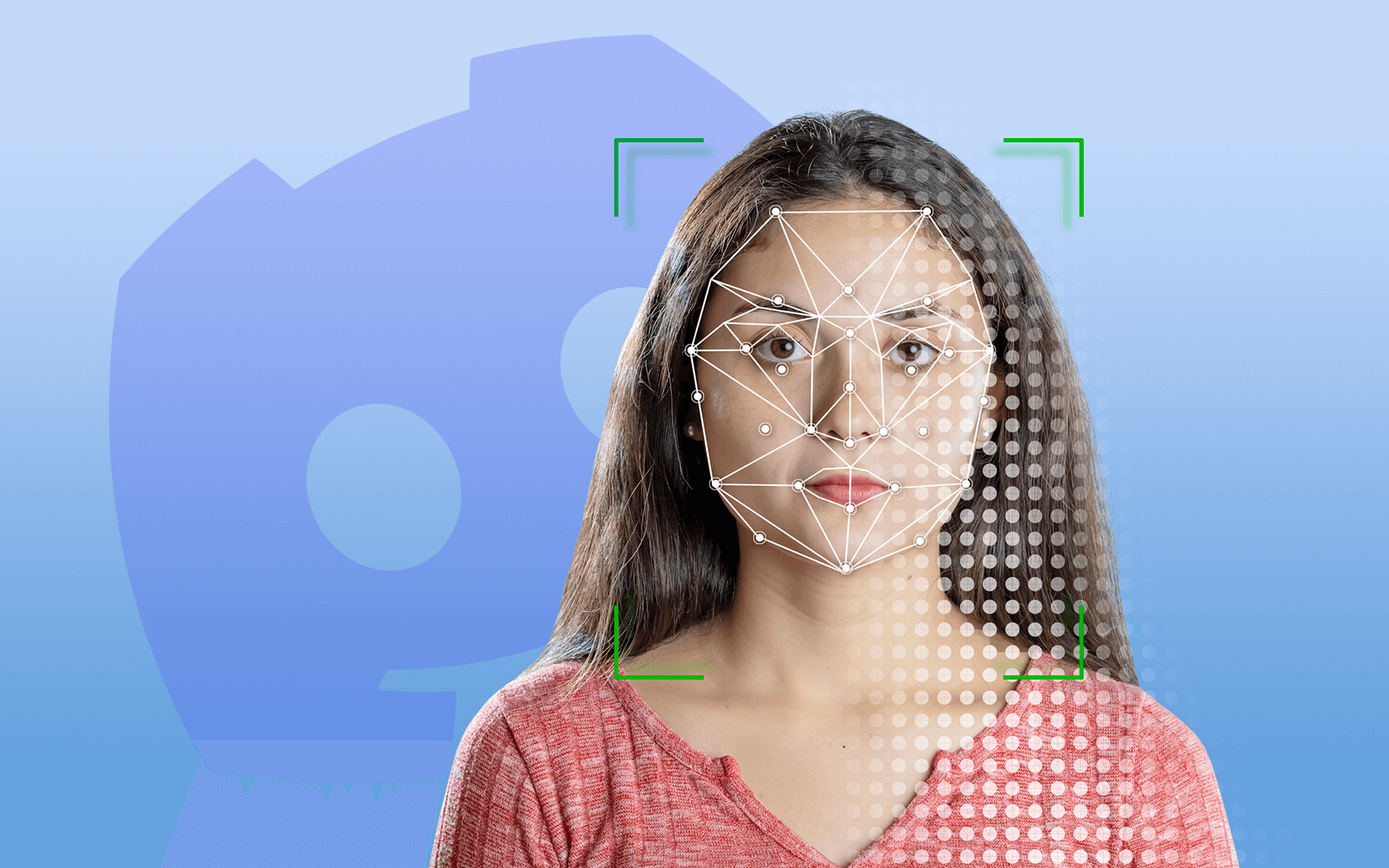It’s hard to remember a time before search engines. Google has dominated the online search space for so long that it feels like it’s always been there. When we have a question, the first thing most of us do is pull out our phone or laptop and google it. Many platforms have tried to challenge Google’s dominance over the years, and none have succeeded. But, with the advent of AI technology, that might be about to change. Enter: Perplexity. Here’s what parents need to know about this new AI-powered search platform.
How does Perplexity work?
Imagine having a super-smart digital assistant at your beck and call, ready to sift through mountains of information faster than you can say "Google." That's basically what Perplexity is all about.
This new AI-powered search engine is sort of like a cross between ChatGPT and Google. When you ask it a question, it doesn’t just return a series of links, it summarizes the results for you in a couple of paragraphs. The answers are annotated with the links where it found the information. It can scan through tons of different sources on the web, from news articles to blog posts to scholarly journals, and whip up a neat little summary of all that juicy information in the blink of an eye. And, you can ask it to restrict the kinds of sources that it searches, in case you only want to scan academic journals or news articles, for example.
How does Perplexity compare to traditional search engines?
So, how does this new AI-powered search engine stack up against traditional search engines like Google or Bing? Traditional search engines rely on old-fashioned algorithms to churn out search results based on keywords. They're pretty good at finding relevant stuff, but sometimes you end up with results that are underwhelming. Recently, Google has been criticized for returning low-quality results full of shopping and sponsored links, and lots of people have started using TikTok or Reddit to search instead.
AI-powered search operates a little differently. By tapping into the power of artificial intelligence and natural language processing, they can understand context, tone and even sentiment. In theory, you can ask it to tailor search results to suit your kid's age, interests and reading level—something Google can’t quite do.
Imagine your kid is doing a school project on space. Instead of wading through a sea of search results that may or may not be age-appropriate, Perplexity can serve up a curated list of articles and videos that are just right for their curious little minds.
Is AI-powered search safe for kids?
Now, let's address the elephant in the room: is AI-powered search really safe for our kids? Well, the internet can be a bit like the Wild West. From inappropriate content to online predators, there's a lot of stuff out there that we'd rather our kids didn't stumble upon. Perplexity doesn’t have built-in guard rails or parental controls, so it’s a good idea to supervise younger kids when they’re searching.
And let's remember the common drawbacks of conversational AI, like misunderstandings or misinterpretations of queries, or the occasional glitch that leads to unexpected results. While AI-powered search engines are smart, they're not infallible.
So, what's a parent to do in this brave new world of AI-powered search engines? Well, there are plenty of things you can do to keep your kid safe online. Explore new platforms together, and keep an eye on younger kids’ activities. And no matter your kids’ ages, talk to them about internet safety often. Teach your kids to be cautious about sharing personal information online, and remind them that not everything they read online is true. Talk about the drawbacks of AI: sometimes it’s unreliable—and it’s only as good as what’s already out there on the internet.
With a little bit of know-how and a whole lot of vigilance, we can navigate the digital landscape with confidence, and maybe even learn a thing or two along the way.
Image Credit: ilkercelik / Getty Images



























